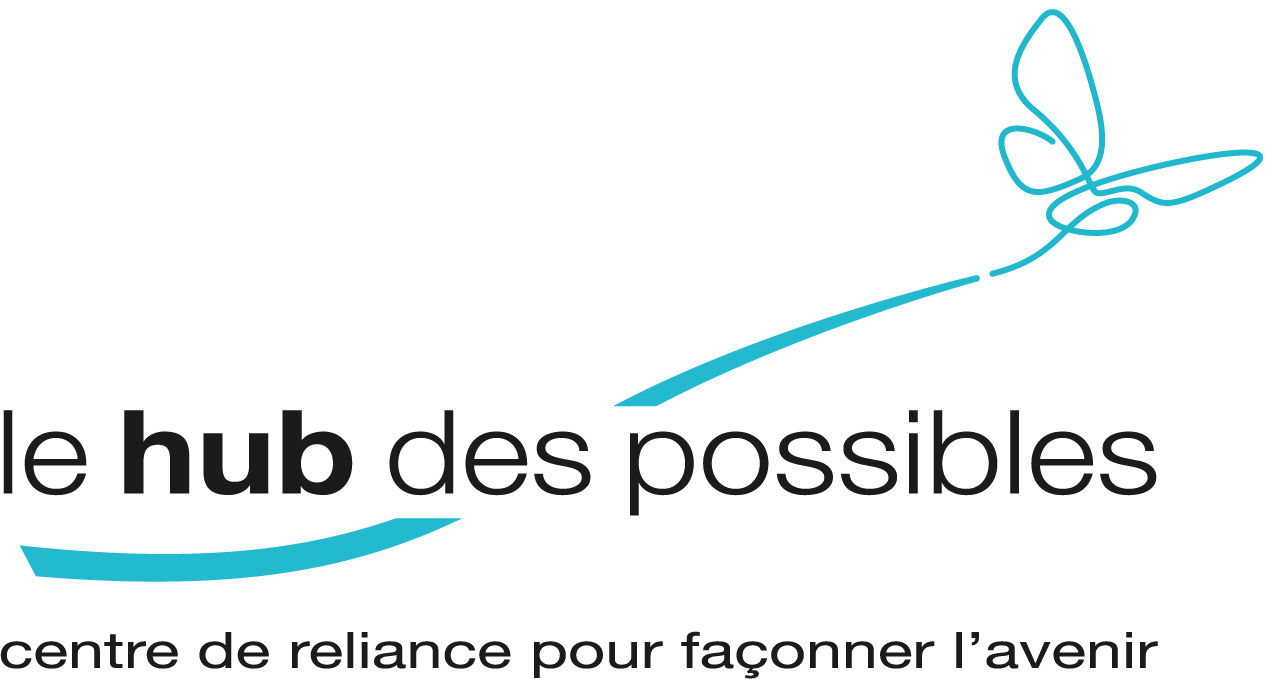We live in a complex world in which systemic thinking and action are more necessary than ever. Indeed, the interdependence between players makes it virtually impossible to solve today’s problems without co-construction and partnership. .
It’s all about breaking down silos, opening up spaces in which the players in a system (private, public and civil society) can meet without taboos, link up, set a common intention with a view to sustainability, and build responses.
How?
To tackle complex issues, the Hub of Possibilities offers :
- a framework for facilitating collective intelligence, i.e. setting up a process enabling a group to define its work objective and move towards it
- applied at a systemic level, i.e. with all the players in a system (often public, private, civil society)
- and operated in an ECO-systemic way, i.e. by linking the group to the common good for a regenerative economy.
Thus, by offering different points of view on a situation and by activating collective intelligence, they will bring out an innovative and collective solution to their common problem.
Various facilitation tools are used, such as Moreno’s action methods, Theory U and design thinking.
It’s an exploratory approach that follows a logic of prototyping and emergence. To avoid being blocked in their progress, imperfect solutions are quickly tested to check whether they are already “on the right track”, and to be able to adapt, in an agile way, what needs to be adapted.
There are 4 stages to the process:
- Clarification of the challenge or project, outline of objectives and identification of stakeholders
- Process identification: type of facilitation and invitation to stakeholders
- Collective intelligence workshops: definition of common intent, areas of tension, opening up possibilities.
- Follow-up and feedback: consolidation, prototyping.
Our theory of change: by facilitating links and co-creation between the players in a system, we aim to break out of the inertia of silos and produce new solutions for a regenerative economy.
Eco-systemic facilitation particularly activates so-called complexity awareness, perspective-taking skills, empathy, inner compass, co-creation skills and courage. It is part of the international framework of the Inner Development Goals ( Inner Development Goals).
Would you like to find out more? Le Hub des possibles puts seasoned collective intelligence facilitators at your disposal..
